Saudi TESOL Online Event
ELT Beyond Restrictions – Lessons Learned from the Online Teaching Experience
November 20, 2021
Please mark your calendar for Saturday, Nov. 20, 2021 to join an exciting one-day Saudi TESOL event bringing to you international ELT figures and experienced Saudi ELT practitioners to provide a roadmap for better English teaching in the post-pandemic classroom. ELT Beyond Restrictions – Lessons Learned from the Online Teaching Experience As we gradually return to a life less restricted by the Covid-19 pandemic, teaching has acquired new dimensions. From learning to adapt to a digital teaching environment, we have now transitioned to a phase in which we have a better understanding of how to meet our students’ needs. Although our teaching experience during the pandemic has opened up new vistas for teaching, it has also revealed downsides that need to be addressed by more than virtual reality. What are the lessons we have learned and how can we implement this new knowledge in our face-to-face classrooms? What aspects of online teaching will be incorporated into the classroom forever and which ones will be discarded? The event will be held on Zoom on Saturday, November 20, 2021. Registration is free of charge and open for all. For registration, click here |
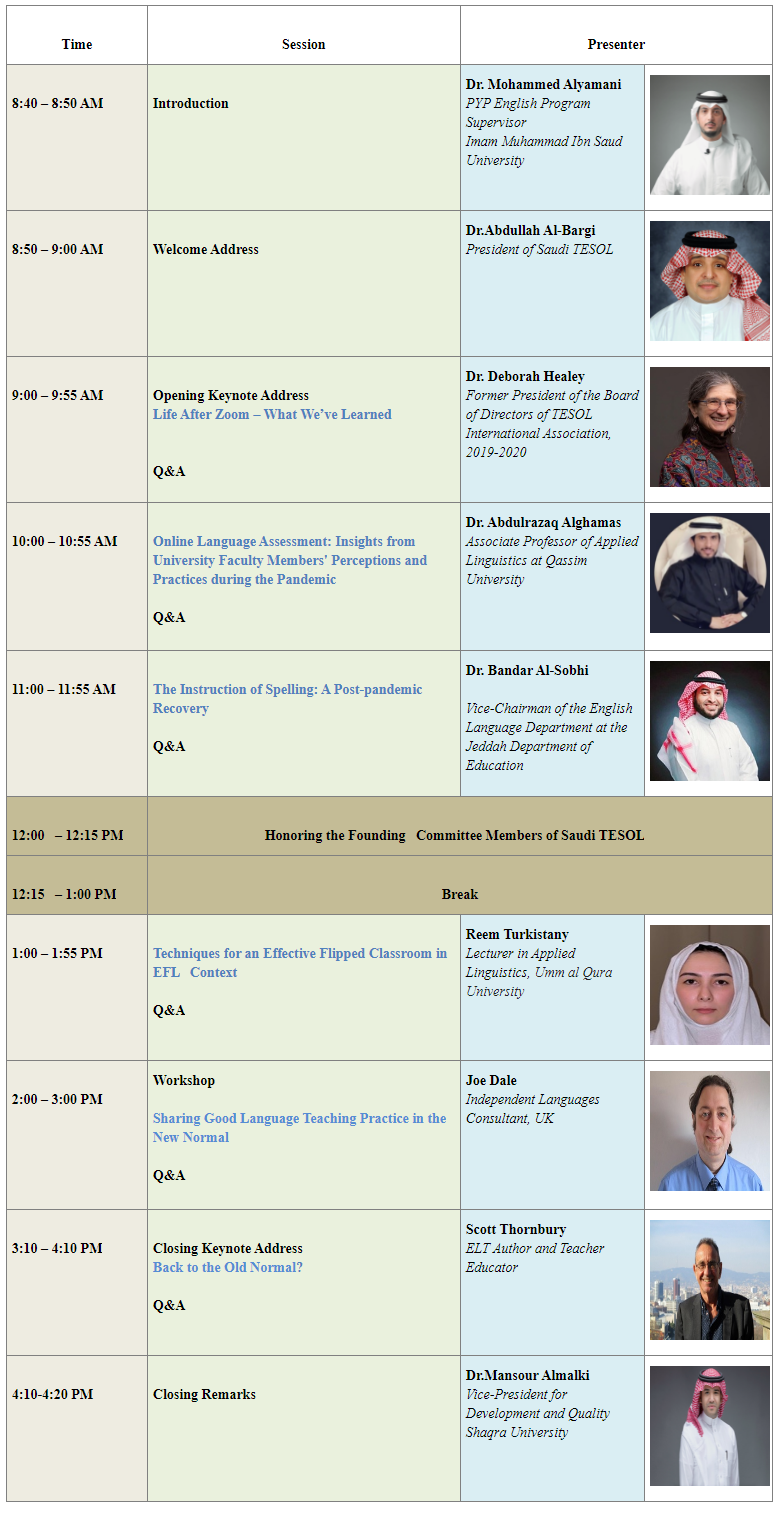 Speakers' bios and abstracts
Time: 9:00 – 10:00 AM Dr. Deborah Healey was the 2019-2020 President of the Board of Directors of TESOL International Association. A long-time online and face-to-face teacher and teacher educator, she writes and presents extensively around the world on appropriate use of technology in language teaching. Her resource-filled website is https://www.deborahhealey.com. Life After Zoom – What We’ve LearnedOur rapid move to emergency remote teaching, then more thoughtful online teaching, and now back to the classroom has been quite a learning adventure. We’ve all had to gain new or enhanced (21st Century) skills to navigate and thrive online. Teacher skills include engaging learners in multiple ways, assessing engagement, flipping the classroom, going global, creating (short) videos, new ways of formative assessment, and more. Learners have found more ways to use technology to aid their own learning. We can and should bring our new skills and ideas back into our regular classrooms.
Time: 10:00 – 11:00 AM Dr. Abdurrazzag Alghammas is an associate professor of applied linguistics at Qassim University, Saudi Arabia. He has been teaching English courses for secondary-level and university-level students since 2002. He obtained a master’s degree in Applied Linguistics from The University of Edinburgh, UK, and a PhD in Applied Linguistics from The University of Memphis, USA. His research interests include computer-assisted language teaching and learning, second language acquisition and assessment, and teaching L2 grammar and writing. Online Language Assessment: Insights from University Faculty Members' Perceptions and Practices during the Pandemic This presentation examines the perceptions of university faculty members towards the application of online assessment using the 'Blackboard’ platform, during the Covid-19 pandemic. It explores the perceptions of 171 faculty members of English departments at universities throughout the Kingdom of Saudi Arabia (KSA). It reveals how the participants of both genders expressed positive feelings towards the use of online assessments but differed in their views of the four online assessment-related dimensions, i.e. (1) validity; (2) practicality; (3) reliability; and (4) security.
Time: 11:00 AM – 12:00 PM Dr. Bandar Al-Sobhi is the vice-chairman of the English Language Department, Education Department, Jeddah. He started teaching English in 2001. Throughout his teaching career, he taught English in Saudi Arabia and abroad. In 2010, he was granted a four-year scholarship to teach English in Malaysia. Dr. Bandar holds a PhD in Applied Linguistics from the University of Putra, Malaysia. His research interests revolve around the fields of Applied Linguistics and TESOL. He is a reviewer in different Scopus journals, and he published four papers in the last four years including Arab ESL/EFL Secondary School Students’ Spelling Errors. The Instruction of Spelling: A Post-pandemic RecoveryThe primary objectives of this presentation are to scrutinize the concept of spelling, elucidate its importance and demystify its core components. It also examines closely the types and causes of spelling errors made by Arab ESL/EFL secondary school students. Additionally, the presentation sheds light on the impact of online instruction/learning on spelling. It presents strategies a teacher can employ to help students recover and avoid these mistakes in the future. Honoring the Founding Committee Members of Saudi TESOLTime: 12:00 AM – 12:15 PMThe Board of Saudi TESOL would like to express its gratitude to Saudi TESOL’s Founding Committee for the exceptional work of its members in laying the cornerstone for the association prior to the Board election in May 2021. The committee was formed by an official order from the KAU Vice-President for Graduate Studies and Academic Research in September 2020. The committee members included:
The committee laid the groundwork for establishing Saudi TESOL in accordance with the Ministry of Education’s Statute Governing Academic Associations in Saudi Universities. In executing its tasks, the committee approved the logo and identity of the association and organized the association’s inaugural ceremony in December 2020 as well as three online events. The committee’s work was completed with the election of the Saudi TESOL’s Board of Directors on May 27th, 2021.
Time: 1:00 – 2:00 PM Reem Turkistany is an MA holder in Applied Linguistics from Umm al Qura University where she teaches English for general and specific purposes at the English Language Center. She has completed English proficiency courses from St. Giles, London and has conducted various workshops on the new methods of teaching English for medical purposes. Techniques for an Effective Flipped Classroom in EFL ContextThis workshop discusses the most effective methods for achieving the goals of the flipped classroom approach through online and blended learning using technological aids and interactive tools. Personal experience and theoretical frameworks will be presented along with a context-related demonstration of the techniques and methods of teaching. Additionally, it will be related to Bloom’s Taxonomy to reveal how the method can raise students’ levels of thinking from basic knowledge and comprehension to increased creativity and critical thinking. Both advantages and disadvantages will be identified along with solutions to overcome the latter.
Time: 2:00 – 3:00 PM Joe Dale is an independent languages consultant from the UK who works with a range of organisations such as Network for Languages, ALL, The British Council, the BBC, Skype, Microsoft and The Guardian. He was a member of the Ministerial Steering Group on languages for the UK coalition government and advised on the Linguanet Worldwide project for The Language Company. He also worked on the Supporting Schools Reform in Algeria project through the British Council 2019-2020. He was recently described in a Guardian article as an 'MFL guru' and 'the man behind the #mfltwitterati'. Sharing Good Language Teaching Practice in the New NormalIn this webinar, Joe Dale will showcase a variety of examples of good practice in online teaching from practising secondary school languages teachers on Twitter. He will explore the different challenges involved and suggest ways in which teachers have dealt with life during the pandemic so far. We will explore how different cross-platform tools can promote collaboration, independent learning, creativity and assessment opportunities in a remote teaching and hybrid teaching context. Focusing on pedagogical principles and improving outcomes, Joe Dale will demonstrate how easy it is to enhance learning in a purposeful way with a range of tools which are device agnostic allowing learners to practise, reflect and share the results easily. He will show using practical examples how language teachers can promote listening, speaking, reading, writing and give learners written and audio feedback.
Time: 3:10 – 4:10 PM Scott Thornbury has taught and trained in Egypt, UK, Spain, and in his native New Zealand. Until recently, he taught on an online MA TESOL program for The New School in New York. His writing credits include several award-winning books for teachers on language and methodology, including About Language (Cambridge) and The New A-Z of ELT (Macmillan). His latest two books are 30 Language Teaching Methods and 101 Grammar Questions (both Cambridge). He is also the series editor for the Cambridge Handbooks for Language Teachers and a trustee of the HandsUp Project, which promotes drama activities in English for children in under-resourced regions of the Arab world. At present he is assisting the Mosaik Foundation to train teachers of refugees in the Middle East in how to integrate communicative activities into their online classes. His website is http://www.scottthornbury.com Back to the Old Normal?For many of us, the sudden move to online teaching (as precipitated by the global pandemic) has forced us to re-assess many of our basic principles and beliefs with regard to education, and second language education specifically. As we look forward to returning to face-to-face classrooms in the near future, what have we learned from the experience of ‘remote teaching’? How can the experience of teaching online inform our classroom practices? What is it about classroom teaching that we should celebrate? And why should we resist attempts to minimise its importance? |
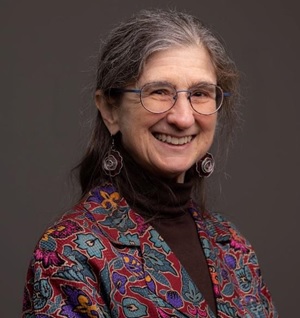 Dr.Deborah Healey
Dr.Deborah Healey
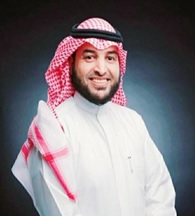 Dr. Bandar Al-Sobhi
Dr. Bandar Al-Sobhi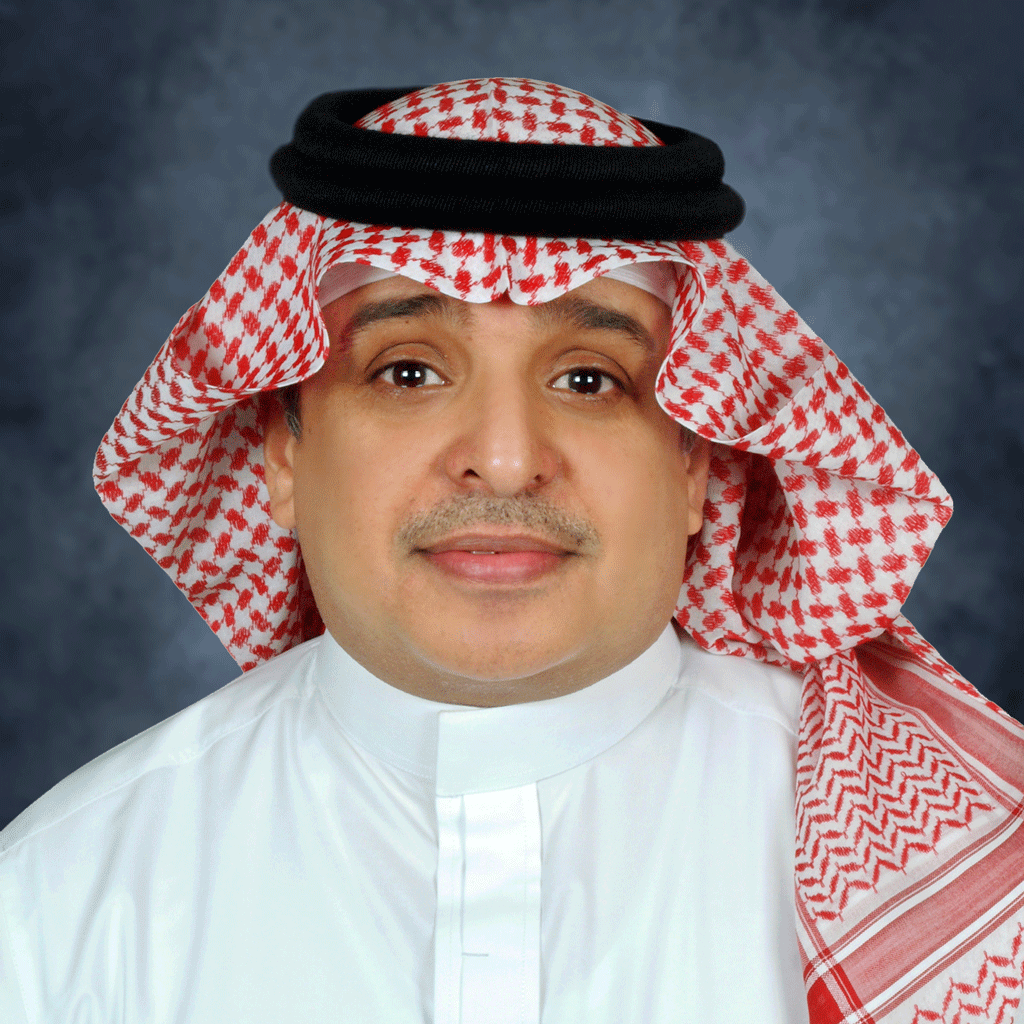
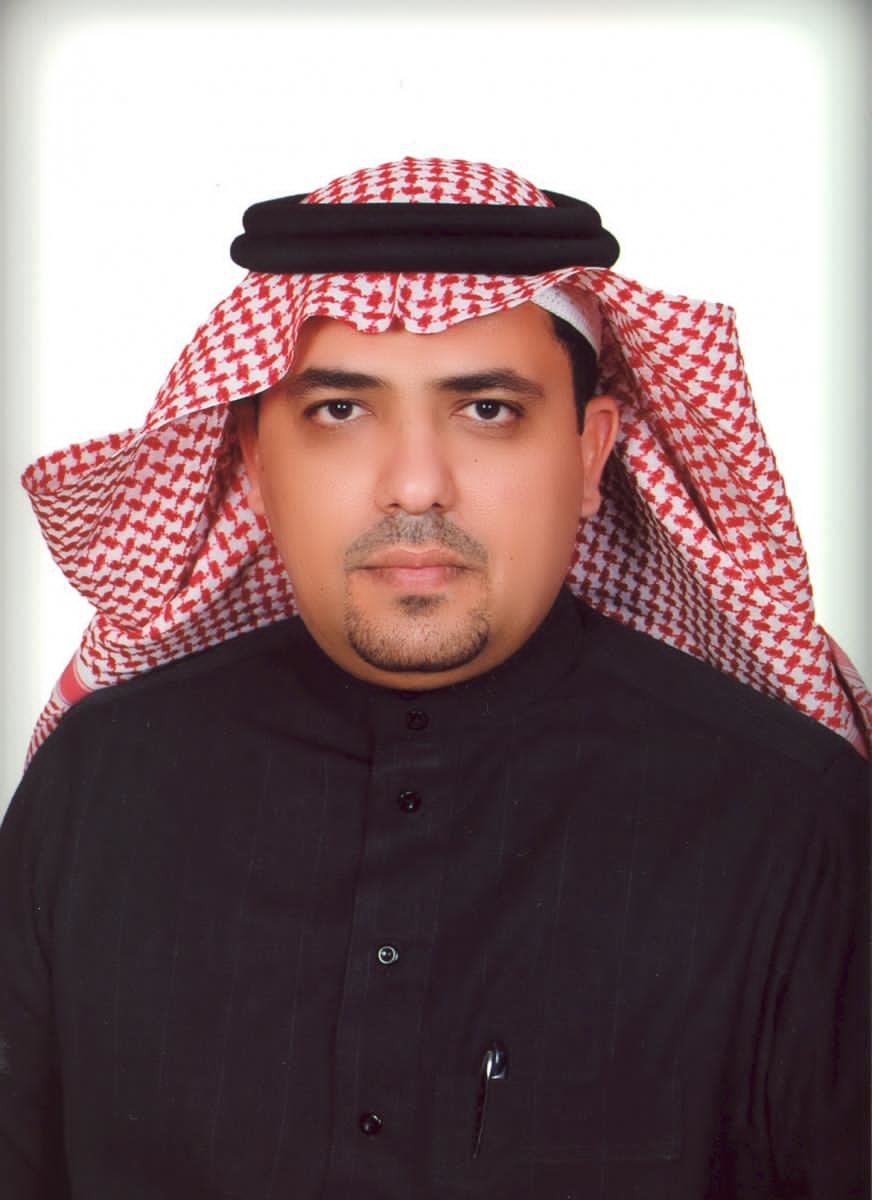
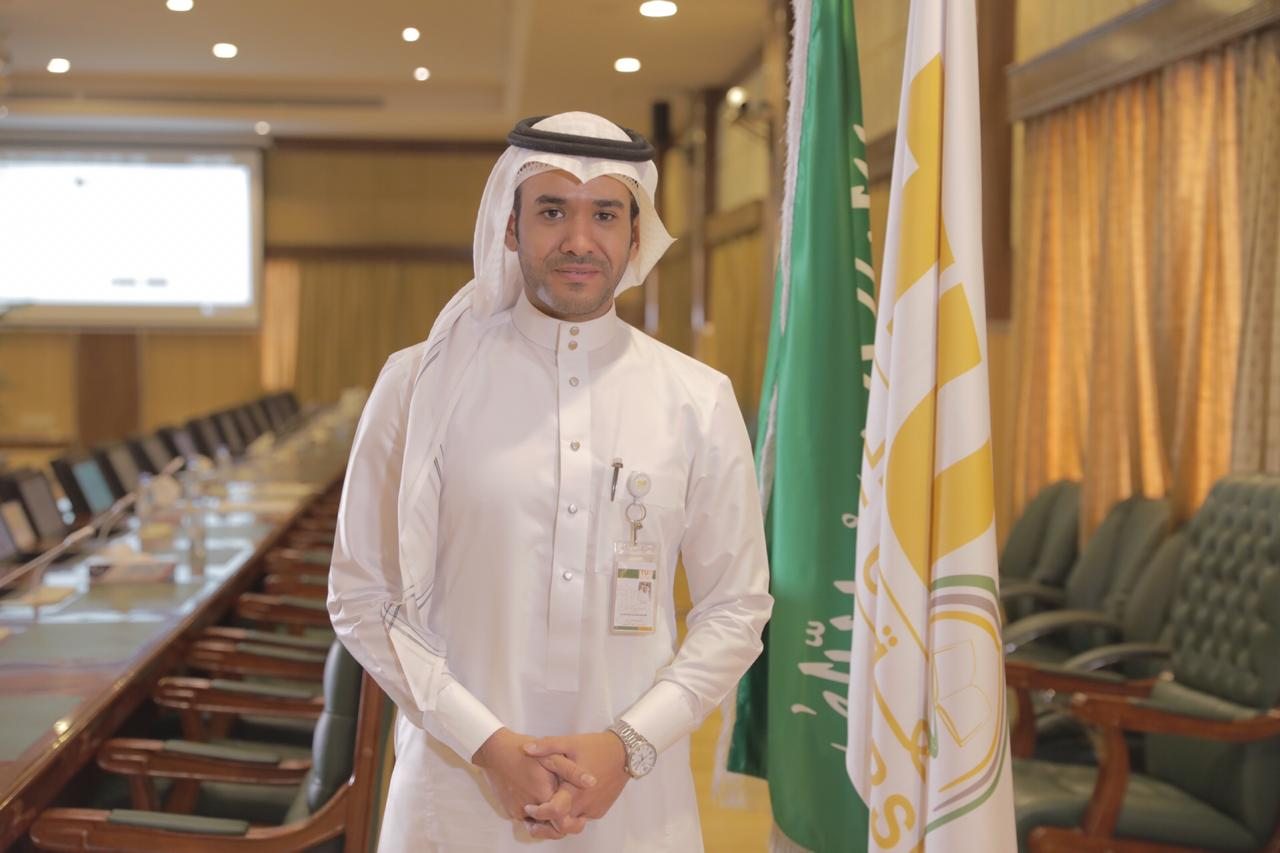
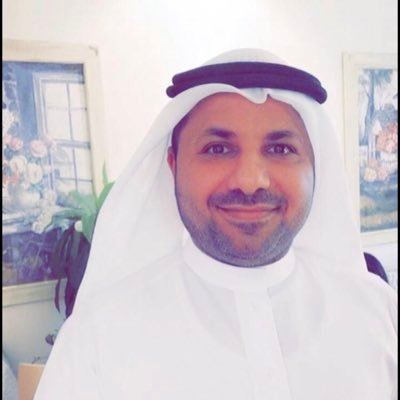
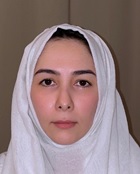 Reem Turkistany
Reem Turkistany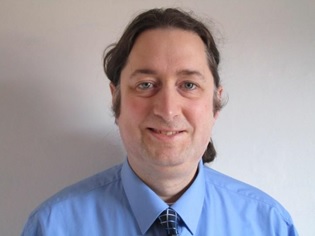 Joe Dale
Joe Dale Scott Thornbury
Scott Thornbury